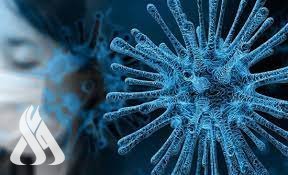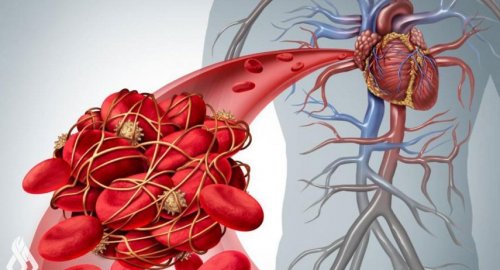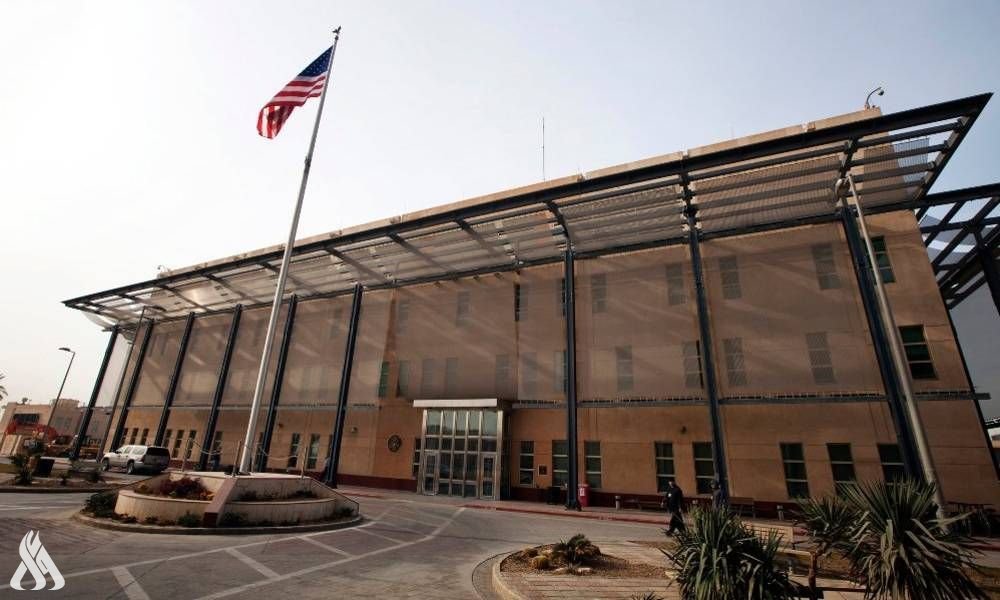
Corona causes paranoia... and the category is unexpected

- 27-10-2021, 09:38
INA-sources
University of California researchers conducted case studies on the three teens to examine how these symptoms occurred.
The teens represented different cases and came from a different background, making the symptoms baffling to scientists.
Although three cases are not enough to draw conclusions on a large scale about the epidemic, scientists believe that the symptoms may be the result of an immune response that causes inflammation in certain parts of the brain.
The researchers published the results of the study in the scientific journal “Gamma”, and the study relied on the results of the medical examination of the three patients while they were being treated in hospitals due to psychological problems they suffered.
“We are so used to thinking about things like this, that they happen after infectious phenomena,” said study co-author and professor of neuroscience at the University of California, San Diego.
He added that there is a link between viral infections such as “Covid-19” and this type of psychological problem.
He continued, “We know based on the data related to the SARS virus that there is a reasonable amount of infection.”
About two decades ago, the SARS epidemic broke out, and soon after that, psychological injuries appeared that affected a number of those recovering from the epidemic, and it is believed that these infections are related to the virus.
In the new study, the researchers noted that one of the people with corona had symptoms of “paranoia, and he also had delusions of persecution.”
The patient began to feel better quickly after the immunotherapy, and after a month of treatment he fully recovered.
The second and third patients had more severe symptoms and are still receiving treatment.
Before contracting Covid-19, they were suffering from anxiety and mental tics.
The patients had difficulty concentrating, especially while doing their homework, and within weeks they had suicidal and aggressive tendencies, as well as mood swings.
White House: Talks with Iran were very positive and constructive
- International
- 09:40
US Embassy: Trade Mission of 60 Companies Visits Iraq
- politics
- 25/04/07
CBI unveils comprehensive reform plan to modernize banking sector
- Economy
- 25/04/07
Al-Sudani Meets Delegation from J.P. Morgan Bank
- politics
- 25/04/08












